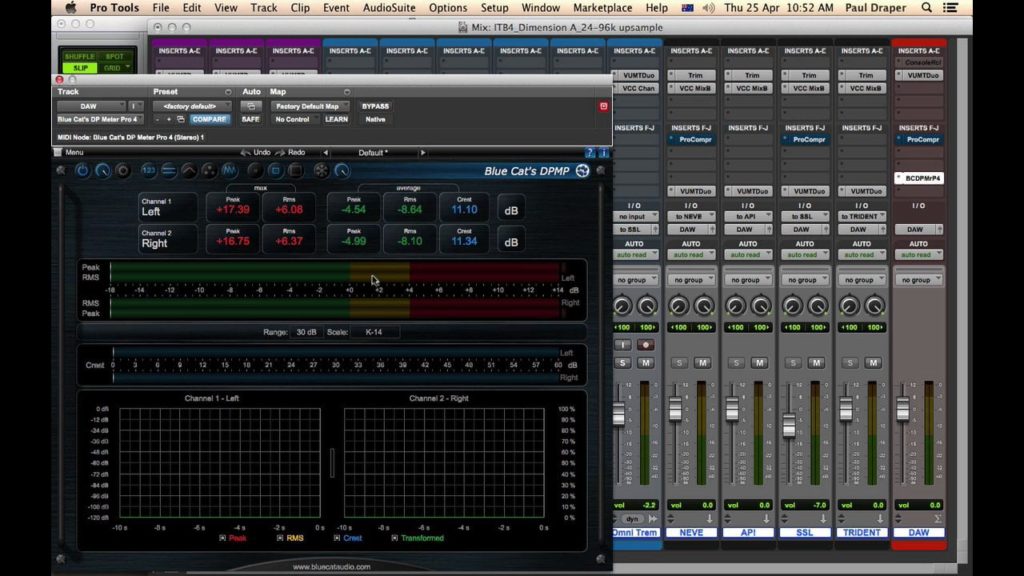So you have spent months rehearsing and many long hours in the recording studio and you’ve finally reached the mixing stage. Congratulations you are almost there! But there is still some work to do.

Mixing is performed after all the tracks have been recorded. It’s the process where the engineer sets the levels of each track. He also sets the eq, compression and noise gates. Reverb and delay may be added at this stage too. Before the mixing process starts, it’s a good idea to provide the engineer with some examples of how you’d like your album to sound. Bring in a couple of your favorite records; play them to the engineer and explain what you like about them. Then, you need to be patient and let him do his thing. Allow him the time it takes to make it sound as good as it can. At some point, he’s going to ask you, “What do you think?” This is the time for feedback. Work with your engineer to tweak it until everyone is happy.
Your engineer might like to mix one song per session. Depending on how many tracks (drums, guitars, keys, vocals, etc) there are in the recording, mixing a song could take between 3 hours and 2 days (or more)! But mixing for long periods of time can really fatigue the ears, so keep the mixing sessions at a reasonable length.
When you have all the mixes completed, listen to them at home and in your car. Take notes for your final mixing session (which will be at a later date). Listen to the songs in different environments over a period of a few days. Then, schedule another session to work out all the kinks.
Bonus tip:
Mastering is the final step in the process and it’s done after all the songs are mixed. Mastering helps match the volume for all the songs, so you’re not turning your volume knob up and down as the CD is playing. Mastering engineers work to match the frequency response in all of the songs, so the bass and treble sound similar from track to track. Mastering is a very important step. If you can afford it, hire a real (different) mastering studio to put the final touches on your recording. Most recording studios will offer mastering, but a true mastering studio has a completely different gear setup. So, if you want a truly professional, radio-ready album, hiring a real mastering engineer is like the butternut frosting for the perfect lemon pound cake.

